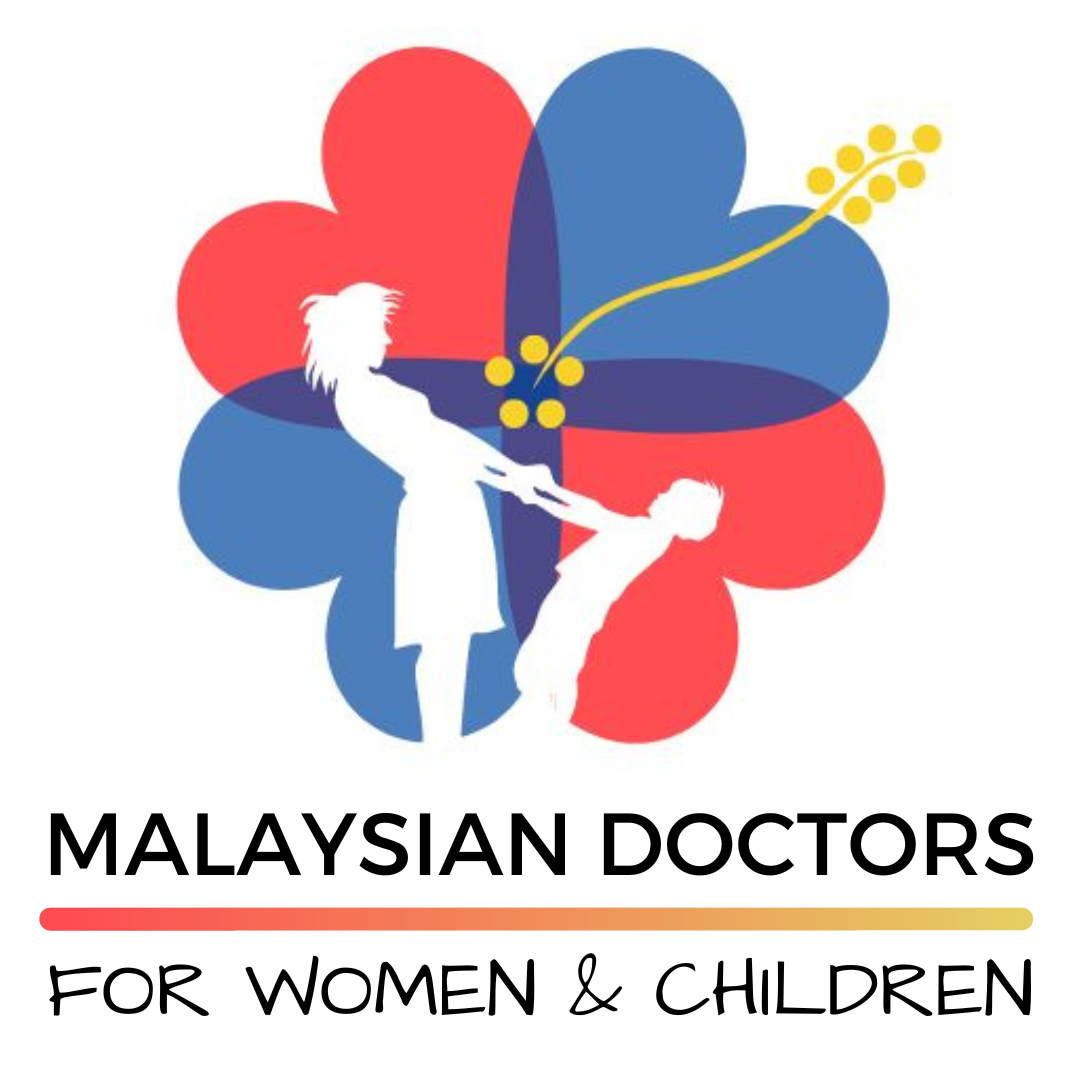The webinar on “Examining FGM/C: Medical Gaze, Sexual Oppression, and the Ethics of Female Genital Cosmetic Surgery” was organised in collaboration with RCSI-UCD Malaysia Campus was held on Saturday, 17th August 2024 at 1000 BST/ 1700 MYT. We are grateful to our strategic partner, the Boston Congress of Public Health for the sponsorship of this event.
Special thank you to Professor Yufu Iguchi, of College of Asia Pacific Studies, Ritsumeikan Asia Pacific University, Japan, and Saarrah Ray, of University of Oxford for your wonderful insights on the topic.
Summary by Dr Ashvinderjit Kaur
The webinar was introduced by Dr Hannah Nazri, founder of Malaysian Doctors for Women and Children. Dr Nazri, also an NIHR Academic Clinical Fellow and a specialist trainee in obstetrics and gynaecology at the University of Warwick, began by familiarising participants with the World Health Organization’s (WHO) classifications of Female Genital Mutilation/Cutting (FGM/C). These include four types: Type 1, partial or total clitoridectomy; Type 2, removal of the clitoris and labia minora with or without removal of the labia majora; Type 3, infibulation; and Type 4, all other procedures such as pricking, cutting, and cauterisation. She explained the serious physical and psychological consequences of FGM/C, including chronic pain, infections, sexual dysfunction, and complications during childbirth. Dr Nazri stressed the importance of understanding the anatomy of the clitoris, which contains numerous sensitive dorsal nerves, to fully grasp the harm caused by FGM/C. She highlighted the need for Malaysia to critically reflect on its practices of female genital cutting, emphasising respect for women’s autonomy and addressing the ethical concerns surrounding female genital cosmetic surgery (FGCS).

The Medical Gaze and Female Genital Cutting by Professor Iguchi, College of Asia Pacific Studies, Ritsumeikan Asia Pacific University
The second speaker, Professor Yufu Iguchi from Ritsumeikan Asia Pacific University in Japan, presented on the “medical gaze” and its role in shaping perspectives on Female Genital Cutting (FGC) in Southeast Asia. Her talk was based on her book chapter in FGM/C: Global Zero Tolerance Policy and Diverse Responses from African and Asian Local Communities (Springer, 2023). Drawing from Michel Foucault’s critique of modern medicine, Professor Iguchi explained that modern medicine often categorises individuals within a binary framework of health and disease, focusing predominantly on the male body. This “medical gaze” objectifies the human body and views populations through a clinical lens. As colonialism spread, this approach was applied to colonial populations, further entrenching control over their bodies.
Professor Iguchi also discussed the shift in how female bodies were perceived over time. In the 18th century, both male and female bodies were understood through a “same-sex” model, but by the end of the century, modern medicine introduced a “two-sex” model, where female bodies were seen as inherently different and often treated as “ill.” This change led to the development of medical specialisations like obstetrics and gynaecology, which increasingly focused on controlling women’s reproductive health. In colonial and post-colonial contexts, this control was heightened, with women often categorised as either mothers or prostitutes, and their health viewed through both colonial and gendered lenses. Professor Iguchi emphasised that in Southeast Asia, particularly among Muslim communities, FGC practices have deep religious and cultural roots, introduced by Muslim traders and embedded in the Shafi’i school of thought, which considers female circumcision obligatory. She noted that while FGC in the region typically involves less invasive procedures (Type 4), such as pricking or nicking, the practice has high prevalence, with some areas reporting rates as high as 99%.
A significant trend discussed was the increasing medicalisation of FGC in Southeast Asia. Medical professionals, particularly in Malaysia, are now often involved in performing FGC, justifying it under the guise of improved hygiene and safety, even though the procedure remains non-therapeutic. Professor Iguchi argued that this medicalisation reflects the influence of the “medical gaze,” which exerts control over women’s bodies under the guise of health care. Despite the ethical concerns, many doctors in the region continue to view FGC as a legitimate practice.

Is This Mutilation? An Argument in Support of Criminalising Female Genital Cosmetic Surgery in the United Kingdom by Saarrah Ray, University of Oxford
The third speaker, Saarrah Ray, a PhD candidate in Law at the University of Oxford, addressed the topic “Is This Mutilation?” Her presentation examined the legal and ethical dimensions of Female Genital Cosmetic Surgery (FGCS) in the UK, which remains legal despite the criminalisation of FGM. Ray presented a radical feminist perspective, arguing for the criminalisation of FGCS due to the societal pressures and patriarchal norms that drive women to undergo such surgeries. She explained that FGCS, marketed as a means to alleviate body image anxieties, perpetuates harmful Western standards of “feminine” genital aesthetics. While FGCS is presented as a voluntary and empowering choice, Ray questioned the authenticity of women’s consent, highlighting the powerful societal forces that shape these decisions.
Ray compared FGM and FGCS, noting that both practices arise from the same patriarchal desire to control women’s bodies and sexuality. While FGM is legally recognised as a form of violence, FGCS is often justified as a cosmetic or mental health improvement procedure, blurring the lines between medical necessity and societal pressure. She advocated for reclassifying FGCS as a form of FGM, as both involve unnecessary alterations to healthy genitalia driven by coercive social norms. Ray’s thesis called for a radical feminist overhaul of the legal framework surrounding FGCS, arguing that it should be criminalised to protect women from exploitation and harm.
The webinar concluded with a lively Q&A session, moderated by Dr Nazri, where participants explored the complexities of FGM/C and FGCS from various perspectives. The discussion underscored the importance of addressing these issues through a multidisciplinary lens, incorporating legal, medical, and feminist viewpoints. Dr Nazri thanked the speakers for their insightful contributions, acknowledging the value of their work in raising awareness and advancing the global discourse on the ethics and impact of FGM/C and FGCS.

One thought to “Webinar Summary: “Examining FGM/C: Medical Gaze, Sexual Oppression, and the Ethics of Female Genital Cosmetic Surgery””
Pingback: Decolonising FGM/C Advocacy: Respecting Local Expertise | Boston Congress of Public Health – Dr Hannah Nazri – Malaysian Doctors for Women and Children